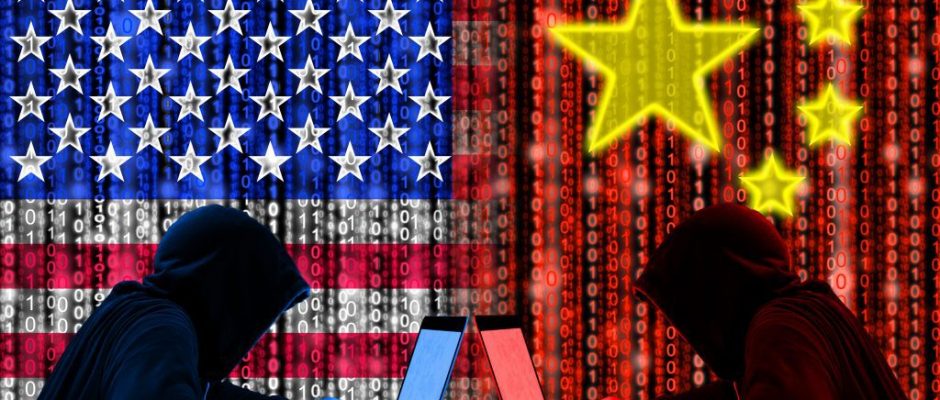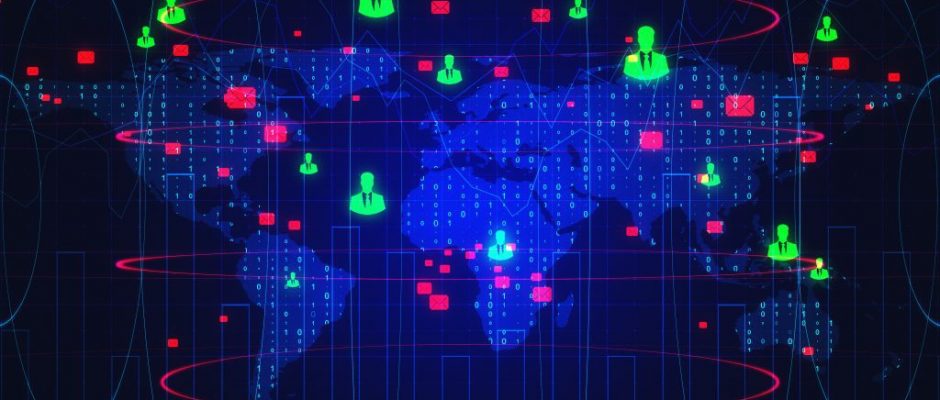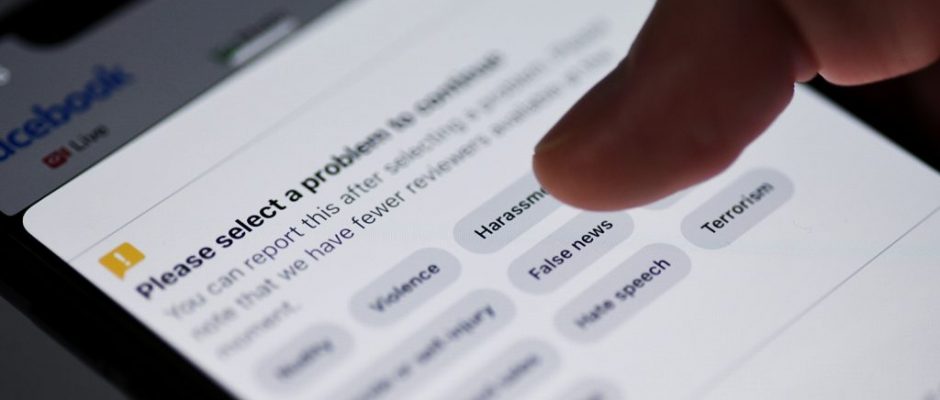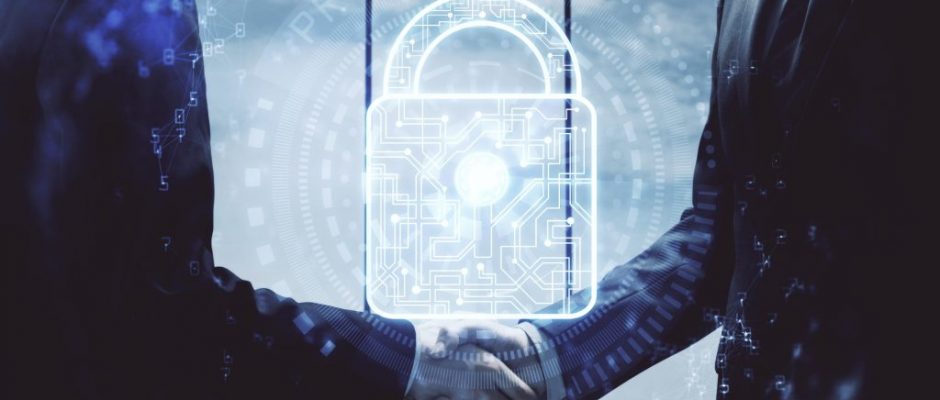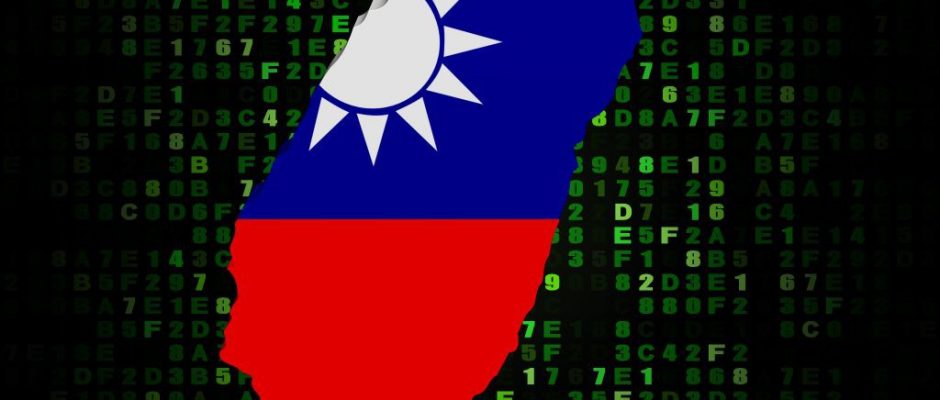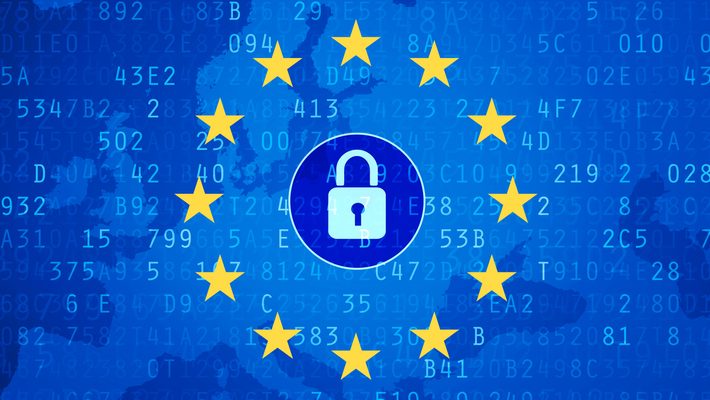US to block use of Chinese semiconductor equipment
The US Congress has introduced a new act to prevent the Chinese and “other foreign entities of concern” from infiltrating the US’s domestic chipmaking industry.
The bill, the Chip Equipment Quality, Usefulness, and Integrity Protection Act of 2024 (Chip EQUIP Act), follows on from the CHIPS and Science Act, enacted in 2022, which earmarked roughly $280 billion in new funding to boost US domestic research and manufacturing of semiconductors. It included $39 billion in subsidies plus tax breaks for US chipmakers. However, China has recently matched this with a new $40 billion investment in its own semiconductor industry, which will heavily focus on chip manufacturing equipment. In April, Chinese tech giant Huawei announced investing in new R&D capabilities to rival US, Japanese, and Dutch firms.











